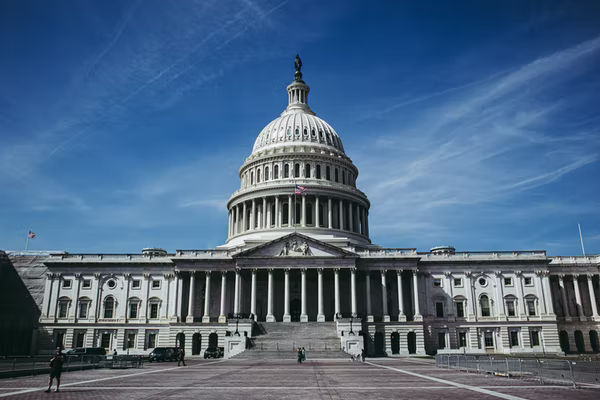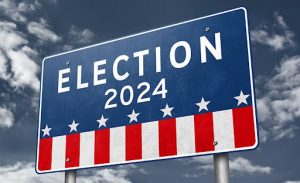Nevada’s primary elections on Tuesday are tied to huge stakes in the US political system. It is known to be one of the most competitive states, which means it can swing in any direction and can make or break the Republican party’s next two years.
In addition to the governor’s office, Nevada’s primary elections will open up four Congressional seats — one in the US Senate and three in the House of Representatives. All of these seats are expected to act as building blocks for the Republicans if they manage to win the polls.
Also Read: Key takeaways from the second Jan 6 hearing
What does history suggest?
If history is any guide, the party that does not control the White House often gains dominance in both legislative chambers. Joe Biden, a Democrat, currently heads the White House.
A similar trend was seen in the 2014 and 2016 elections as well. When Barack Obama (Democrat) was President, the GOP flipped both chambers in the midterm elections. Democrats made similar progress in 2018, when Donald Trump (Republican) was the President.
Also Read: Why fate of January 6 probe rests on midterm polls
How can the upcoming elections impact?
Both legislative chambers — House of Representatives and Senate — are currently held by the Democratic party but with a majority so thin, a vice-presidential tie-breaker is often needed.
In the House of Representatives, there are 224 Democrats (including 4 Delegates), 210 Republicans (including 1 Delegate and the Resident Commissioner of Puerto Rico), and 7 vacant seats. The Senate has 50 Republicans, 48 Democrats, and 2 Independents, who both caucus with the Democrats.
A minor shift in power can have a huge impact on the power balance between the Democrats and Republicans. If it goes in the favour of Democrats, it could ease things for the Biden administration. If Republicans gain power, it could strengthen the GOP filibuster.







